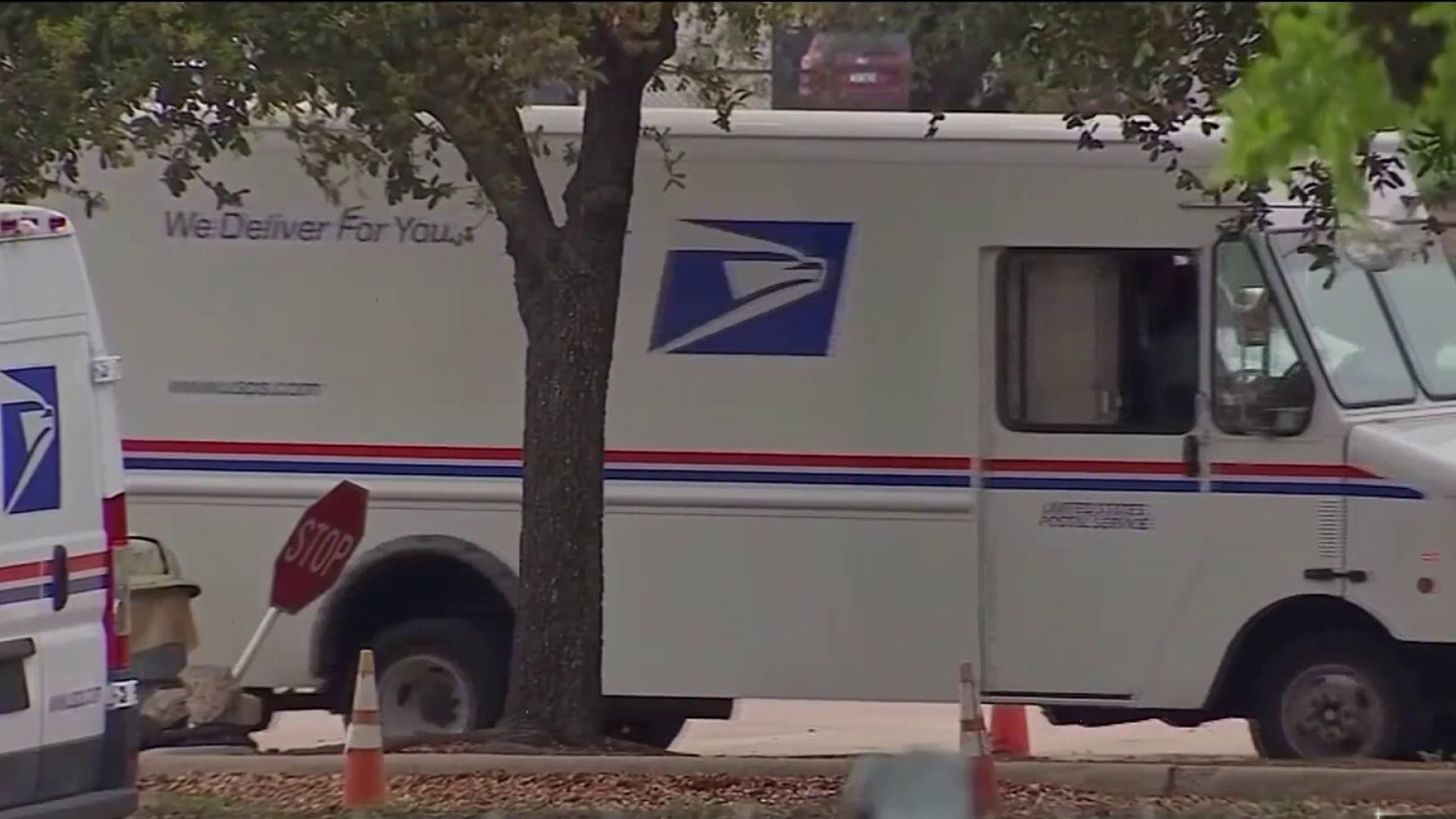Silicon Valley entrepreneurs who think they can solve San Francisco’s parking woes – and make some cash at the same time – are busy launching new apps that match drivers in need with much-coveted parking spots in the city.
But these tech companies could fold just as quickly as they started – or face possible fines or lawsuits – if they choose to go through with their business plans.
On Monday, San Francisco City Attorney Dennis Herrera issued a cease-and-desist letter to MonkeyParking, claiming the app is illegal because it attempts to lease public, on-street parking spots.
Herrera also sent a similar letter to Apple, asking the Cupertino-based giant to remove the app from its store. Herrera also vowed to send out two more letters to ParkModo and Sweetch, companies with similar business models that charge consumers money to find empty spaces in parking-starved San Francisco.
Herrera’s letter said the companies will face a $2,500 fine, and a lawsuit, if they don’t stop operations by July 11. And his letter brought up issues of safety, logistics and equity regarding the controversial apps in a city where parking is in short supply.
In an email, MoneyParking CEO Paolo Dobrowolny said he wasn't allowed to say too much because he hadn't yet time to consult with his lawyers. But in general, he said, he believes his company is "providing value to people," where users can "make $10 every time you leave a parking spot" by holding that spot until the next person comes. He said he feels his service should "regulated and not banned."
But, in an interview on Monday, Sweetch founders insisted that they’re not selling public spaces, they’re selling information. And the founders – French students who developed the app while taking an entrepreneurship at UC Berkeley – vigorously defended their business model.
In fact, Sweetch Co-Founder Hamza Ouazzani said his company attorneys told his San Francisco-based team that the app is “perfectly legal.” He explained that Sweetch’s goal mirrors Uber and Lyft, which also attempt to match people through the “sharing economy." Those two companies have been visible players in the ongoing conflict between tech ventures and public entities.
The Sweetch app, which charges users $5 to park, and pays users $4 to sell their spot to someone new, aims to make parking smarter, Ouazzani said, by providing a lower cost option for people who want to decrease the time they spend hunting for a place to park.
Ouazzani said while he’s not worried about Herrera’s threats, his team is now in consultation with attorneys to decide what the next move is for Sweetch.
Local
Sweetch found her a spot in 2min! @tomokolea pic.twitter.com/1ehsLXjwTf — Sweetch (@SweetchParking) June 16, 2014
The next move, at least on the city attorney’s behalf, will be to start fining, or suing, the companies who don’t heed his warnings. Herrera’s office noted, however, that Sweetch’s app, with its set-price model, does not appear to be as egregious as the other two apps, which encourage online bidding wars over parking spots.
City attorney spokesman Matt Dorsey said his office isn't buying the app makers' logic. He said companies that claim to be selling “parking information," as opposed to the spot itself, are giving consumers a line that is “patently false.”
Companies like these are “holding on-street parking hostage,” Dorsey said in a phone interview. He added that San Francisco police code clearly bans the buying and selling of public spots to drivers. “It’s like selling off Muni seats,” he said.
Plus, Dorsey is skeptical that the information the companies are selling is even useful.
“In the Mission District,” he said, “That information isn’t going to be good for very long.”
Herrera’s office is also arguing that drivers using these apps will make the roads more unsafe.
“Presumably, you’re still on your iPhone while you’re driving,” Dorsey said.
And, on a social justice level, Dorsey said the city attorney is concerned that the apps might "fly in the face of San Francisco values," making parking even more difficult for those without parking app access.
“It’s not fair that people with the ability to pay have a better chance to find parking in San Francisco than you or I might,” he said. “It’s already a city with affordability problems.”



